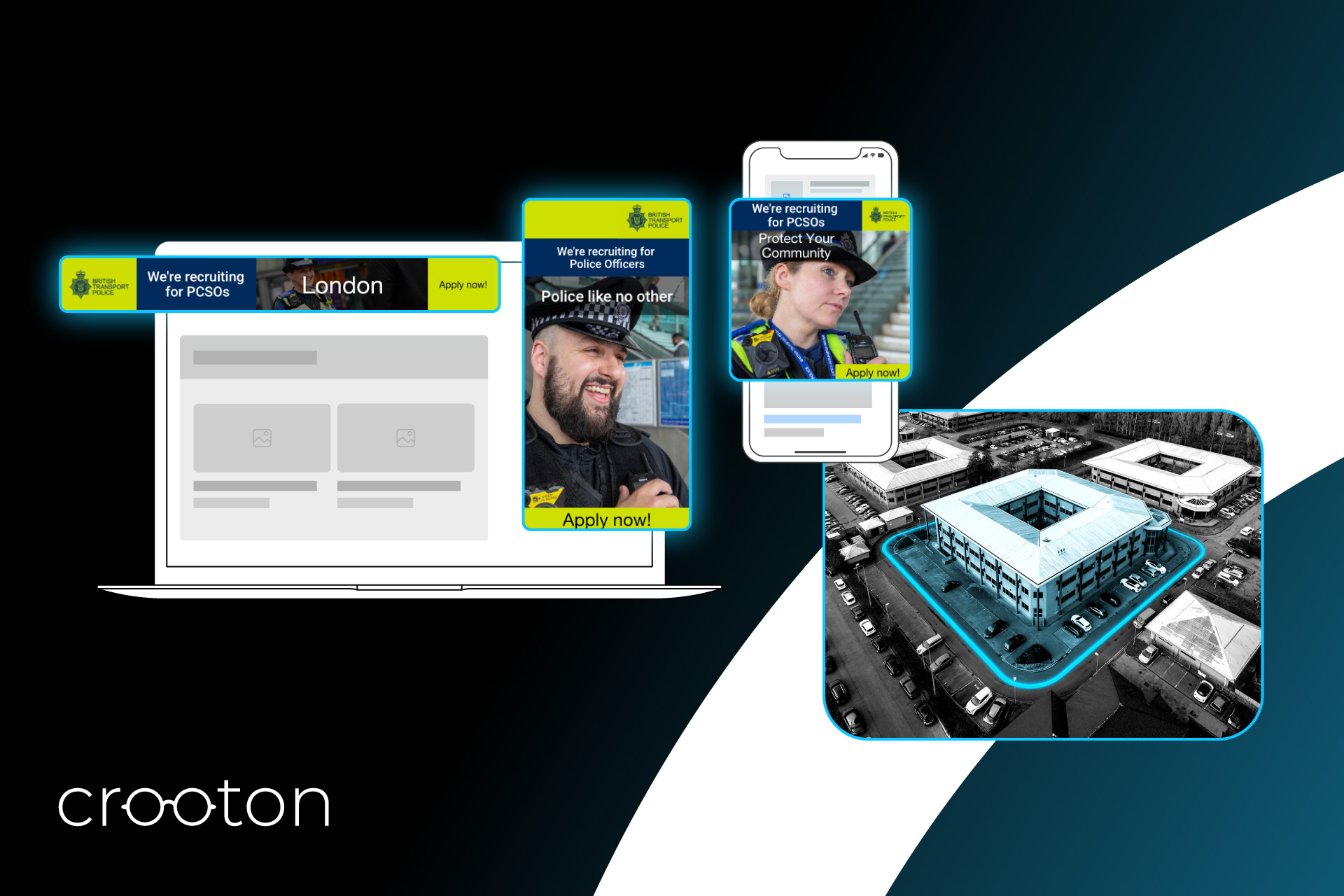Rethinking staff perks – what do employees really want?
.jpg)
2022 was a great year for job seekers. With the great resignation and a record high of active job listings in the UK, candidates hold all the cards when it comes to recruitment. Companies have had to work much harder to stand out from competitors and attract the best people for their roles.
One of the ways they’ve tried to do this is by creating unique benefits packages. However, a ping pong table in the staff room or the odd Friday drinks night are no longer enough to hold the attention of candidates who care more about work-life balance and prioritising their mental and emotional well-being. This is where many ‘creative’ benefits packages fall short. No matter how shiny and exciting your employee perks are, if they’re not backed up by good working practices and an understanding of what your employees actually care about, they won’t work.
At crooton, we work with candidates and hiring companies every day, and we know a thing or two about what new hires are looking for. So, let's talk about how well these creative benefits actually work when it comes to staff satisfaction and employee experience and what employees are really looking for right now.
Which perks and benefits do employees really want?
Fair wages
Although money can be an awkward conversation for us Brits, pay is the most important element of your job package. Especially at the moment, with the added pressure of the cost of living and energy crises, people are worried about their finances more than ever. Junior and entry-level employees, in particular, are suffering from financial stress, with 19% reporting that they regularly lose sleep due to worrying about money. Employees want to make sure the hard work they’re putting in is reflected in their salary, and they are far more likely to ‘quiet quit’ or disengage if they don’t feel like their company values their effort. Companies need to look at how they can afford to pay their employees and then have open and honest conversations with current staff about their financial concerns. Salary transparency is one of those things that companies love to talk about but don’t always follow through on. Make it a priority to be transparent about your salary offerings to new recruits and existing employees — it’s a great way to build trust with candidates.
Wellbeing
Employee well-being has become a bit of a buzzword in the last few years, but employers still need to take note. A survey by Gallup found that for Generation Z and Millennial employees, workplace well-being is their number one priority, and they are willing to leave a job to find it elsewhere. It’s wonderful that businesses are now recognising that it’s essential to safeguard and promote positive mental health in the workplace. However, too often, the good intentions of HR professionals and senior management are let down by gimmicky and insincere perks. Things like free yoga classes and gym memberships are great, but they will only help if employees aren’t too burned out or overwhelmed to manage a midday workout. Instead of looking for fun activities to add to a busy employee’s day, employers should aim to create a more holistic culture of well-being that supports their team. This means setting realistic and fair deadlines for employees and letting each employee create their own work-life balance. It’s also imperative to make employees feel safe to come to managers with concerns about workload or anything else making them unhappy or overwhelmed at work. Finally, the best ‘perks’ a company can offer are not free lunchtime spin classes but generous and reasonable paid sick leave, parental leave, mental health leave, and holiday packages. Good workplace well-being is about trusting employees and treating them respectfully.
Flexible working optionsFlexible and remote working is here to stay. And this is becoming increasingly important to candidates looking for work, with 54% of employees saying they would change jobs for one that offered them more flexibility.Whether you’re giving employees the option to work from home, adopting a hybrid work model, letting people set their own hours, or even trying out a 4-day work week, the important thing is to see what your staff want and what will help them do their best work.It’s more than just creating flexible work policies — you also need to empower employees to feel confident enough to use them. For example, senior management should set an example by using these policies, clearly communicating the boundaries and processes involved with making use of the policies, and finding ways to measure success that aren’t based on face time with bosses. Above all, if you’re a hybrid or remote company, the key to success is to build a culture of trust rather than surveillance for your distributed workforce.
Opportunities for skills development
Another crucial thing that candidates look for from a new employer is the opportunity to progress in their careers and develop their skills. The University of Phoenix's Annual Career Optimism Index 2022 found that 68% of workers say they would stay with their employer throughout their career if the employer made an effort to upskill them, and 49% of employees want to develop their skills but don't know where to begin.Speaking to employees about their career goals and desires at the interview stage and providing opportunities for them to realise these throughout their time with your company is a powerful way to build a team of loyal and capable employees who feel empowered and appreciated in their roles. Don’t underestimate the value of investing in your team’s individual interests and passion for learning.









